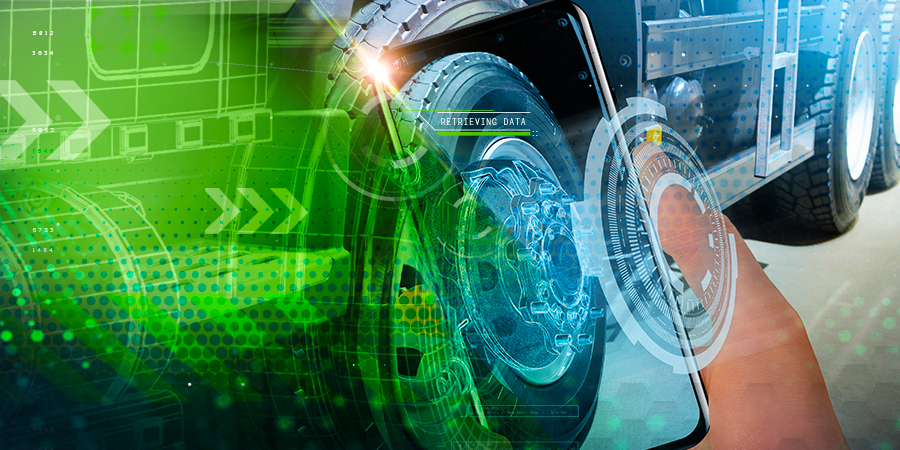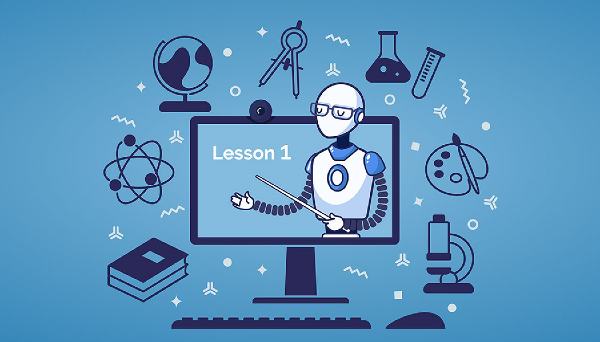Emerging technologies are revolutionizing industries worldwide, driving innovation, enhancing efficiency, and creating new business models. From artificial intelligence (AI) and machine learning to blockchain and the Internet of Things (IoT), these technologies are reshaping traditional processes and enabling unprecedented advancements across sectors.
1. Introduction
The rapid evolution of emerging technologies marks a pivotal shift in the global industrial landscape. These technologies not only streamline operations but also foster the development of new products and services, thereby transforming consumer experiences and expectations.
2. Artificial Intelligence and Machine Learning
Impact on Industries:
- Manufacturing: AI-driven predictive maintenance minimizes downtime by forecasting equipment failures, optimizing production schedules, and enhancing quality control through real-time monitoring.
- Healthcare: Machine learning algorithms analyze vast datasets to assist in early disease detection, personalized treatment plans, and efficient patient management, leading to improved health outcomes.
- Finance: AI enhances fraud detection, automates trading, and personalizes financial services, thereby increasing operational efficiency and customer trust.
3. Internet of Things (IoT)
Impact on Industries:
- Agriculture: IoT sensors monitor soil moisture, weather conditions, and crop health, enabling precision farming techniques that boost yield and resource efficiency.
- Logistics: Connected devices track shipments in real-time, optimize delivery routes, and manage inventory, enhancing supply chain transparency and efficiency.
- Energy: Smart grids and meters facilitate real-time energy consumption monitoring, promote energy conservation, and support the integration of renewable energy sources.
4. Blockchain Technology
Impact on Industries:
- Supply Chain Management: Blockchain provides transparent and immutable records of product journeys, enhancing traceability, reducing fraud, and ensuring authenticity.
- Healthcare: Securely storing and sharing patient data on blockchain platforms enhances interoperability among healthcare providers while maintaining privacy and data integrity.
- Real Estate: Smart contracts automate property transactions, reducing the need for intermediaries, minimizing fraud, and streamlining the buying and selling process.
5. Robotics and Automation
Impact on Industries:
- Manufacturing: Robots perform repetitive tasks with precision, improving production rates, reducing human error, and ensuring consistent product quality.
- Healthcare: Surgical robots assist in complex procedures, offering enhanced precision and minimally invasive options, leading to faster recovery times for patients.
- Retail: Automated checkout systems and inventory management robots enhance the shopping experience by reducing wait times and ensuring stock availability.
6. 5G Technology
Impact on Industries:
- Telecommunications: 5G offers faster data speeds and lower latency, enabling seamless video conferencing, streaming, and real-time communication services.
- Autonomous Vehicles: Low-latency 5G networks facilitate real-time data exchange between vehicles and infrastructure, supporting the safe operation of self-driving cars.
- Manufacturing: Enhanced connectivity allows for real-time monitoring of production processes, predictive maintenance, and the integration of advanced robotics.
7. Augmented Reality (AR) and Virtual Reality (VR)
Impact on Industries:
- Education: AR and VR provide immersive learning experiences, allowing students to interact with virtual simulations and enhancing understanding of complex subjects.
- Retail: Virtual try-on solutions enable customers to visualize products before purchase, improving satisfaction and reducing return rates.
- Entertainment: Immersive VR experiences offer new forms of storytelling and interactive entertainment, engaging users in unprecedented ways.
8. Quantum Computing
Impact on Industries:
- Pharmaceuticals: Quantum computing accelerates drug discovery by simulating molecular interactions at an unprecedented scale, potentially reducing development timelines.
- Finance: Complex financial modeling and risk analysis benefit from quantum algorithms, offering more accurate predictions and investment strategies.
- Logistics: Optimizing delivery routes and supply chain logistics becomes more efficient with quantum computing, addressing complex logistical challenges.
9. Biotechnology and Genetic Engineering
Impact on Industries:
- Agriculture: Genetically modified crops with enhanced resistance to pests and diseases contribute to food security and reduced reliance on chemical pesticides.
- Healthcare: Gene editing technologies hold the potential to cure genetic disorders, offering hope for previously untreatable conditions.
- Environmental Management: Biotechnology aids in developing sustainable solutions for waste management and pollution control, contributing to environmental conservation.
10. Sustainable Technologies
Impact on Industries:
- Energy: Renewable energy technologies, such as solar and wind, reduce dependence on fossil fuels, promoting environmental sustainability.
- Transportation: Electric vehicles and alternative fuels aim to reduce carbon emissions, contributing to cleaner air and a healthier environment.
- Construction: Green building materials and energy-efficient designs minimize environmental impact and promote sustainable urban development.
Frequently Asked Questions (FAQs)
- What are emerging technologies? Emerging technologies are new or developing innovations that significantly alter industries and societal practices. Examples include AI, IoT, blockchain, and quantum computing.
- How do emerging technologies impact traditional industries? These technologies introduce automation, enhance data analytics, and create new business models, leading to increased efficiency, reduced costs, and improved customer experiences in traditional industries.
- Are there risks associated with adopting emerging technologies? Yes, potential risks include cybersecurity threats, ethical concerns, job displacement due to automation, and the need for substantial investment in new infrastructure and training.
- How can businesses prepare for technological transformations? Businesses should invest in employee training, adopt a culture of continuous innovation, collaborate with tech experts, and stay informed about technological trends to effectively integrate new technologies.
- What role does government policy play in technological adoption? Governments can influence technological adoption through regulations, funding research and development, creating favorable policies, and ensuring equitable access to technology.
- **How do emerging technologies




